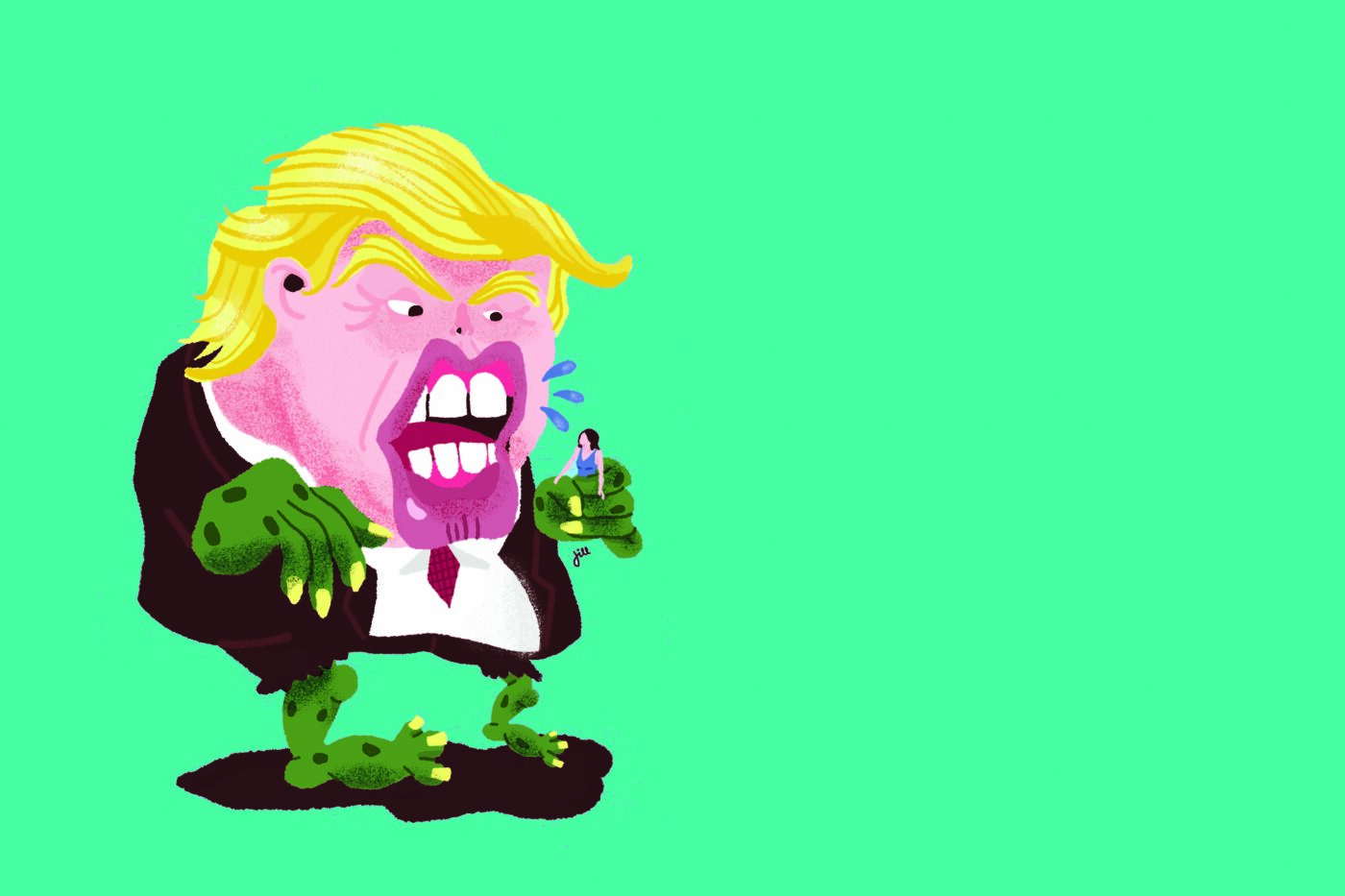A PHOTOGRAPH of Omran Daqneesh, a Syrian boy who was pulled out of the rubble of a building brought down by an airstrike, has become viral on social media. Covered in blood and debris, he has become the face of Syria’s humanitarian crisis.
Since 2011, Syrians like Omran have been caught between a brutal civil war. Millions of Syrians have become refugees in search for a new life in Europe. But for those lucky enough to cross the Mediterranean, they discover that they are wrought with a whole new set of hardships.
Some states like Hungary have exhibited xenophobic attitudes towards these refugees. Government-printed pamphlets ahead of an October 2 referendum urged voters to reject the European Union’s migrant quotas, citing possible security threats that migrants may bring. “No one can say how many terrorists have arrived so far among the immigrants,” it says.
These conditions make it next-to-impossible for refugees to have a real chance at rebuilding their lives.
Xenophobia, or fear of the foreign, is a manifestation of the concept of “the other,” as coined by the philosopher Georg Friedrich Hegel. As part of his endeavor to explain his master-slave dialectic, he asserts that the relationship between “I” (thesis/master) and the “Other” (antithesis/slave) is characterized by a life-or-death struggle. This dialectic, first introduced in his 1807 work Phenomenology of the Spirit, is still applicable today.
In the xenophobic climate that many refugees live in today, they are always the “other.” Their death is always sought out by the “I”—sometimes physically and always ideologically. An example of this “ideological death” is Hungary’s aforementioned anti-immigrant propaganda.
Hegelian alienation
According to Benjamin San Jose, PhD, an assistant professor at the Japanese Studies Department, this rise in xenophobia is essentially a “reaction to uncertainty.” He states that despite the attempts of some countries to explain away xenophobic action, their decisions are often guided by their wish to remain isolated from “others” who they feel may cause them harm.
One example, he says, is the British people’s shock vote to leave the European Union, known as Brexit. At first, pro-Brexit campaigners tried to frame it as an issue of sovereignty and economic gain. Yet eventually, the campaign found a foothold in characterizing Brexit as a safeguard from having to accept foreign refugees into their country.
San Jose also cites the more obvious example of United States Republican presidential nominee Donald Trump’s promise to build a wall to safeguard Americans from Mexicans and foreigners. Needless to say, Trump is not so open to accepting refugees. Throughout his campaign, he upheld the idea that Syrian refugees are “Trojan horses,” a means of sneaking terrorists into America. This xenophobic framing of refugees sells to a group of people who are disposed to “other.”
The natural inclination of the thesis or the “I” is to seek the death of the antithesis, the “other.” Keep in mind that death, in Hegel’s theory, takes multiple forms. Death can refer to exclusion or subordination, but consider as well that the exclusion of a displaced people with no country, no money, and no rights is likely to lead to their literal death as well.
Legal exclusion
Enrique Leviste, PhD, assistant professor at the Sociology and Anthropology Department, states that “othering” is “a collection of processes, tactics, and strategies that tends to promote a particular set of narratives and a particular set of beliefs but at the same time…alienates or marginalizes other ideas or narratives about a single reality.”
Beyond the simple labelling of those that are culturally and ethnically different as an “other” by society, “othering” can also be done through legal means by the state. An example of this “legal othering,” Leviste says, is a country’s immigration policies.
He says that it is “basically…a way by which a state, a nation-state or a country, can legitimize its refusal to accept refugees or foreigners from being assimilated or from being a part of mainstream culture.”
“A huge segment, perhaps, of the nation state is more likely to subscribe to such a mindset or to such a thinking primarily because it is sanctioned by the state. And anything that is sanctioned by the state is deemed ‘legal’, ‘correct’, and ‘acceptable’. This is not to say that it is beyond contestation,” Leviste says.
In its very core, “othering” is an interplay between those that wield power in society and those that are bereft of it. As the marginalized in society, the “other” lacks the social capital to act against the machinations of the dominant powers of society. Because of this gulf in social capital, inequality and injustice persists. When asked what could be done, Leviste asserts the importance of critical education.
“People say that the school is a safe haven for students because it is a neutral platform. I beg to disagree. The school shouldn’t be neutral. The school should be critical. In other words, it should be clear about taking particular positions. It can help in making sense of these inequalities, of the ‘othering’ process, by taking on the position, or the cudgels, for those that are historically marginalized,” he says.




